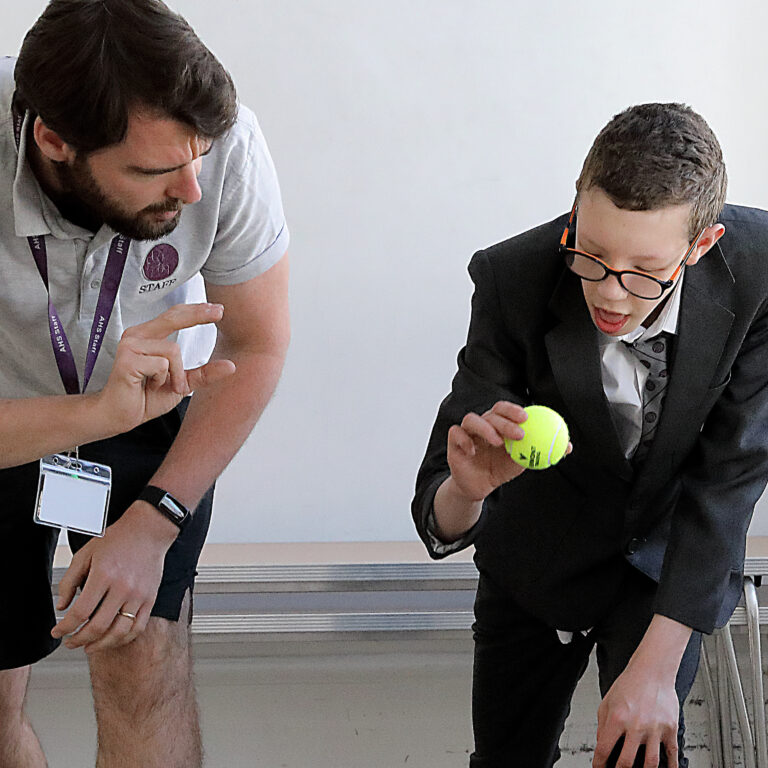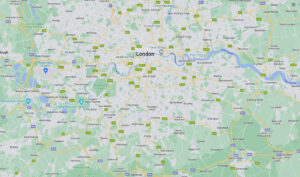Articles & News
Vocational, inclusive, accessible: Reframing PE for neurodiverse students
by Lee Deller, Senior Leader (Curriculum & Co-Curricular) At Abingdon House School, we offer an accessible and aspirational qualification pathway, ensuring every pupil can succeed at a pace that suits…
The importance of being trauma informed: more than a buzzword
by Rachel Cullen, Assistant Head & Head of Mental Health and Wellbeing at AHS Prep ‘Trauma informed practice’ has become a common phrase in education. It is frequently promoted as…
National PedTech Partnership Launch
PedTech in action: System leaders nationwide join forces to ensure the future of digital technology The National PedTech Partnership, an alliance of visionary education leaders, has unveiled an ambitious research…
Movement for all: How PE helps neurodiverse students thrive
Physical education and sport at Abingdon House School At Abingdon House School, we see physical education as a vital part of every pupil’s development – not just for health…
The importance of pastoral support for SEND students
Prioritising wellbeing to enhance academic achievement Pastoral support is more than just care – it is the foundation of a student’s growth, wellbeing, and success. It creates a safe, nurturing…
Interventions: Supporting students with SEN
In the SEN code of practice, the term ‘intervention’ is used to describe a focused strategy, teaching approach, or program with desired outcomes, which are delivered to support children and…
Independent Schools Inspectorate Report
In January, AHS was inspected by the Independent Schools Inspectorate’s (ISI). The inspection evaluates pupil experience across four key areas: Leadership and management Quality of education Pupils’ physical and mental…
Helping neurodiverse students reach their full potential in exams
Exams are a source of stress for most young people. For students with SEND, they present a unique set of challenges which can amplify this stress even further. From revision…
PBS: a personalised & school-wide approach
At Abingdon House School, we use the Positive Behaviour Support (PBS) framework as one of many strategies to support our students. Jazmin Gahan, Pastoral Lead at our Senior School, explains…
Therapeutic strategies: Modelling & recasting
Modelling and recasting are two effective therapeutic strategies we use at Abingdon House School to support children with speech or language difficulties. Rukhaiya Ebrahim, Therapy Lead & SaLT at our…


